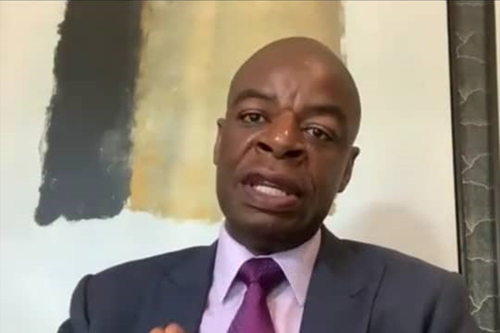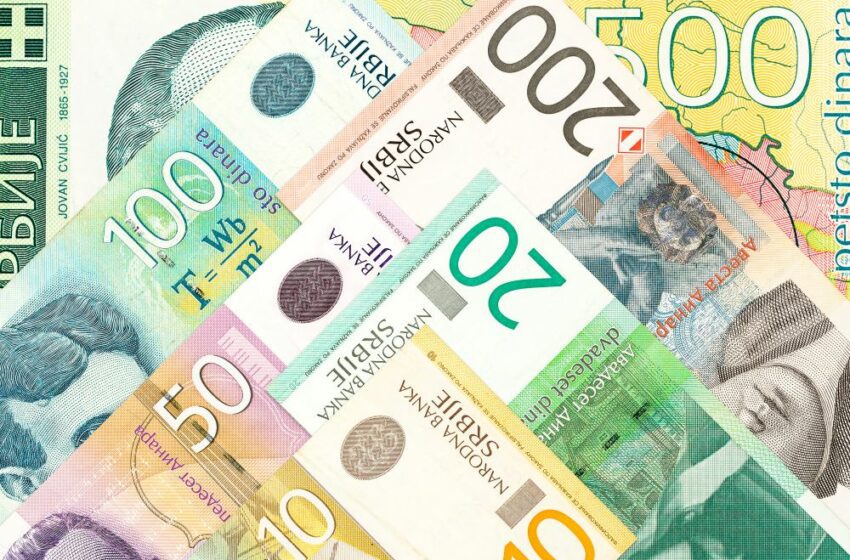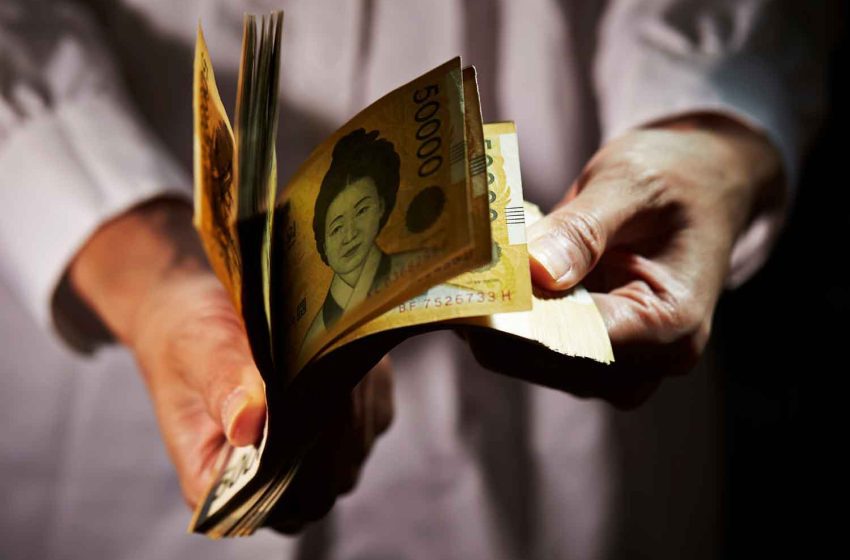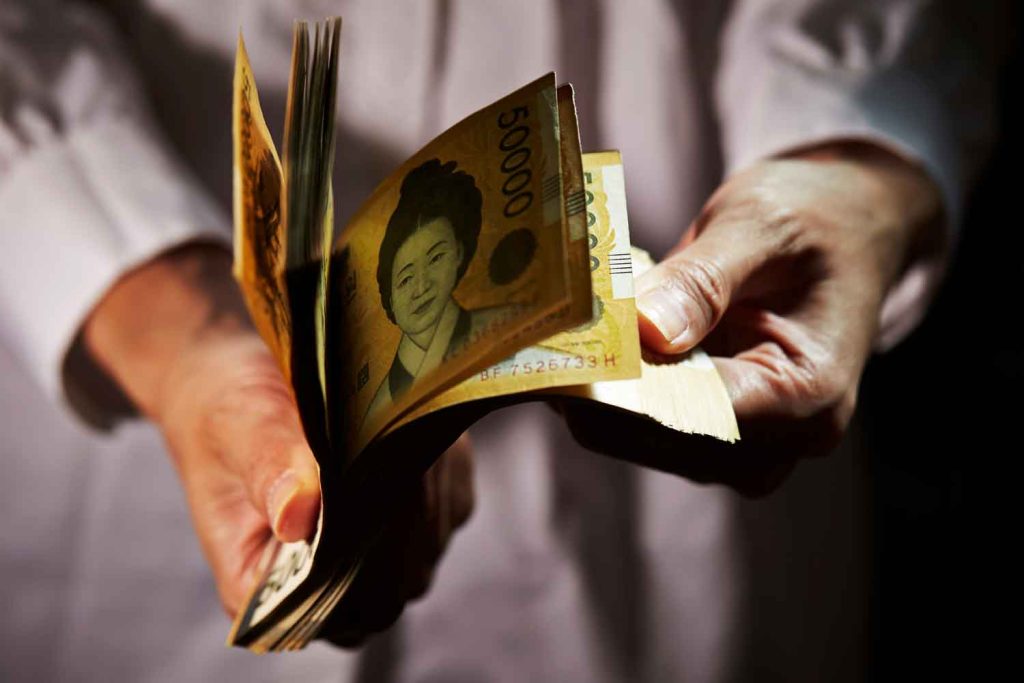Pacific Cigarette Co. (PCC) of Zimbabwe has rejected a US$33 million tax bill (comprising separate assessments of US$19 million plus ZWD79 billion) and hopes an ongoing discussion with the national revenue collector will lead to an amicable settlement of the impasse.
PCC went into voluntary business rescue soon after the Zimbabwe Revenue Authority (ZIMRA) in June handed it the assessment covering the periods 2018, 2019 and 2020.
Adam Molai, co-founder and chairman of the Harare-based firm, told journalists during a virtual press conference on Oct. 11 that the bill was too high for any local company to be liable for over three years.
“I don’t believe there is any company in Zimbabwe which over a period of three years can rack up a tax bill of over $20 million so that’s why we are disputing it,” he said.
“This period that is being talked about is the period 2018, 2019 and 2020, but from the year we started operating until 2020 we have been audited every single year by ZIMRA, so it shows that we are compliant.”
PCC”s production has, since 2005, been based on toll manufacturing, which meant it manufactured cigarettes for other firms.
However, authorities have changed the way they calculate tax for toll manufacturers, which left PCC with obligations amounting to $33 million.
The bill, Molai said, is “shocking” in terms of its magnitude.
“Effectively what this assessment means was that if you look at a company [which for example] sells a product at $100, it has a cost of sales of $70 which is raw materials,” he said.
“ZIMRA came in and said the $70 of raw materials is also income and because ‘we are deeming it income, we are going to levy VAT on it and after levying VAT because it is 2018, 2019 and 2020 we are also going to levy interest and then we are also going to levy a penalty for each of the years,’ so effectively what that would mean is Pacific produces their cigarettes at a price of zero. If our cost of sales is also deemed income it means our cost of production is zero, our raw materials are for free and that is what we are disputing.”
PCC says it pays an average of $3 million in taxes yearly and has invested up to $250million since it started operating in 2002 as a threshing company.
ZIMRA has 90 days within which to respond to an objection but before that period had elapsed, it, Molai claimed, issued a garnishee order against PCC. The tax collector also wrote to the company’s clients asking them to pay all they owed PCC to ZIMRA instead.
“That closes all our income streams and that is when we took the decision to say the most responsible decision is to place the business under business rescue,” said Molai.
Responding to a question from Tobacco Reporter, Molai expressed confidence that ZIMRA will hand down a favorable decision but if it turns out negative, the company will appeal to the courts.
“The day that the contingent liability is removed off our balance sheet, we will have an extremely strong balance sheet,” he noted.
“The good thing about our company that is different from other companies that go into business rescue is we don’t have multiple challenges to address, we only have one single challenge to address which is this dispute.”–Daisy Jeremani



















